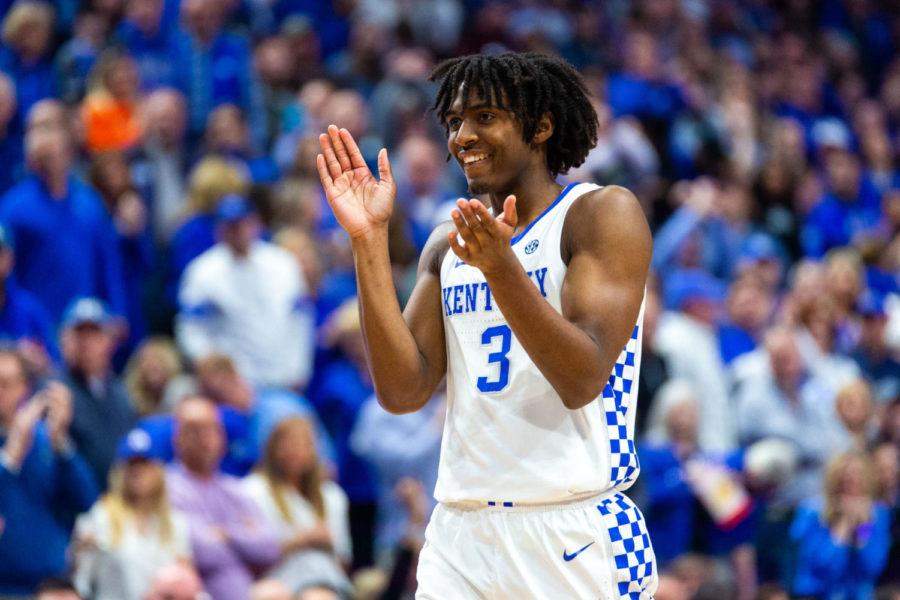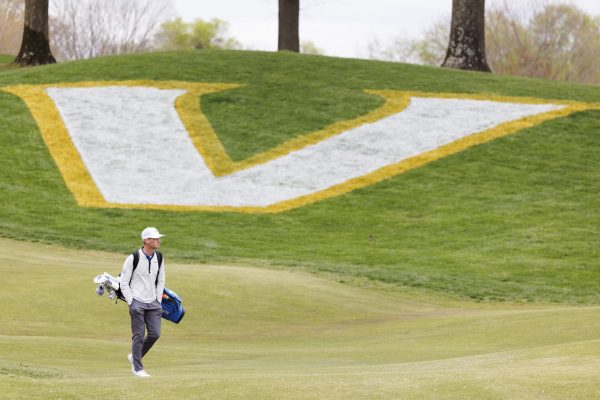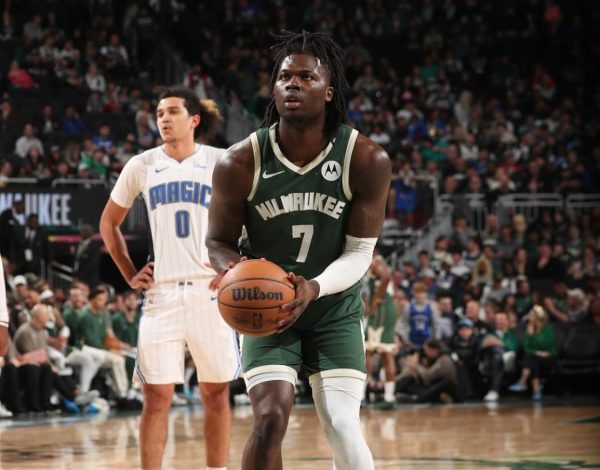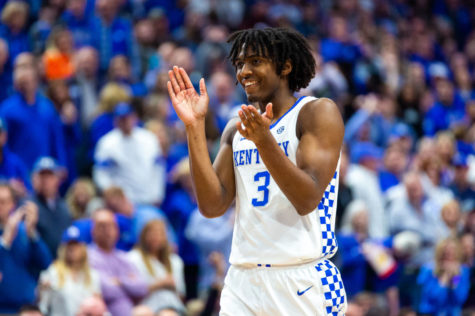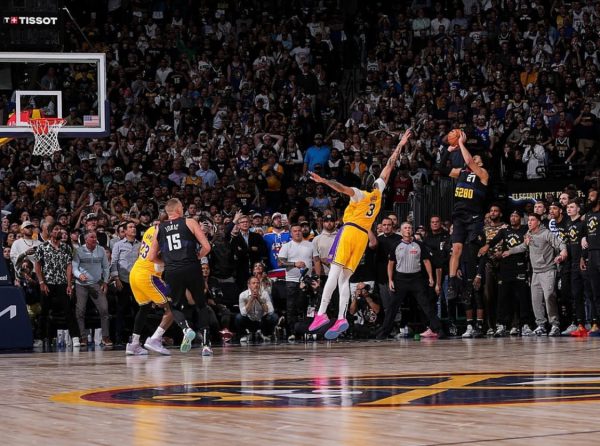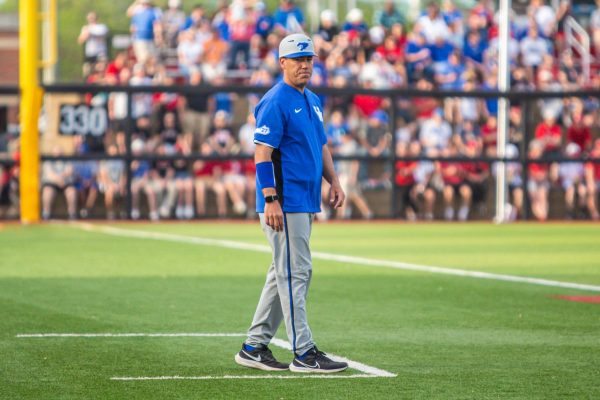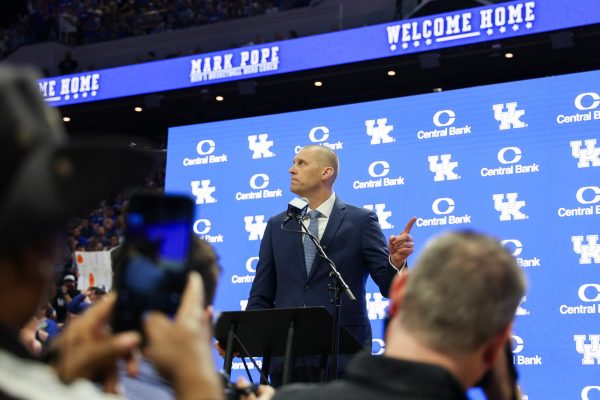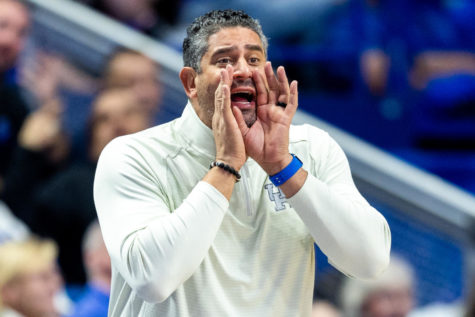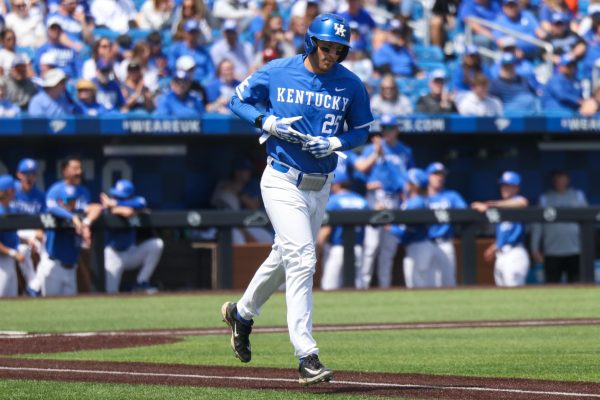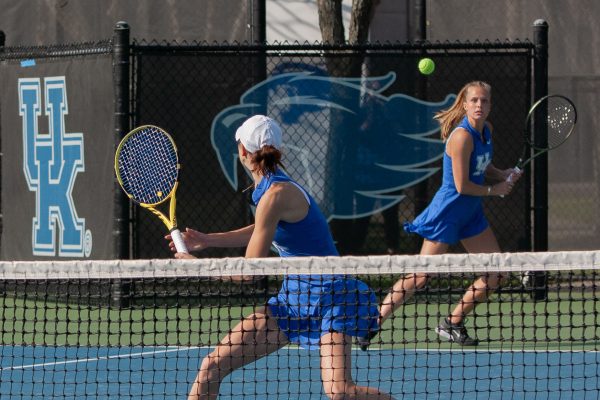Eager generation of boxers may rejuvenate sport
March 28, 2008
There was a time when fear reigned within the ring.
When boxing thrived. A time when even the boldest of contenders couldn’t escape the punishing punches of a heavyweight champion.
Contrary to Walter Cannon’s theory, there was never a question about what to do — it’s always a fight, never a flight.
But much has changed since the olden days of boxing. The sport is not as popular as it was 50 years ago. Household names that once dominated the canvas are long gone. The changes have resulted in the decline of one of the most popular sports in America, giving way to the prominence of basketball and football.
The boxing world has gone nearly six years without a figurehead heavyweight, since Lennox Lewis sent Iron Mike to his knees. For a sport in need of a savior, it must first look at its candidates for athletes who could grow to become boxing legends.
The future of rolling gloves with crowds screaming makes tournaments like the one UK is hosting this weekend a vital part of a dying sport’s rebirth.
Boxing powerhouses like Navy and up-and-coming boxing programs such as UK’s play an important role in regaining interest in jabs, hooks and haymakers.
When Buell Armory opens tonight as host to the Midwest Regional of the National Collegiate Boxing Association, it will be a testament of how far UK boxing has come.
Just in the past few years, boxing has gone from a club that coach George Ginter had to be the sole ambassador for, to a club that sells itself. And it has accolades to prove it.
Along with a couple of boxers expected to contend for a national championship, the club also has a boxer, Meredith Guistina, gaining attention from Olympic coaches.
A club that once had to search high and low for somewhere to practice is now housing the tournament from which a national champion could emerge, with the likes of Navy bringing in it’s top sluggers, along with boxers from Miami (Ohio), West Virginia, North Carolina and The Citadel.
But regardless of where the boxers come from — whether it be Lexington or Annapolis — it’s the overall interest in the sport that matters the most.
Getting students interested in boxing wasn’t easy for Ginter. A club sport separated from UK’s athletic department, the coach faced the hardships of low funding and practicing off campus. But now, four years after moving into Alumni Gym, the boxing club is thriving due to Ginter’s dedication to the team.
When funding for the boxing club was low, Ginter dipped into his own pocket to make sure his understudies had proper training. Dedicated people like UK’s boxing coach, along with amateur coaches across the nation, will help inspire a new generation of boxers that can reintroduce the same fear in the ring that was once prominent.
J.D. Williams is a journalism senior.
E-mail [email protected]








































